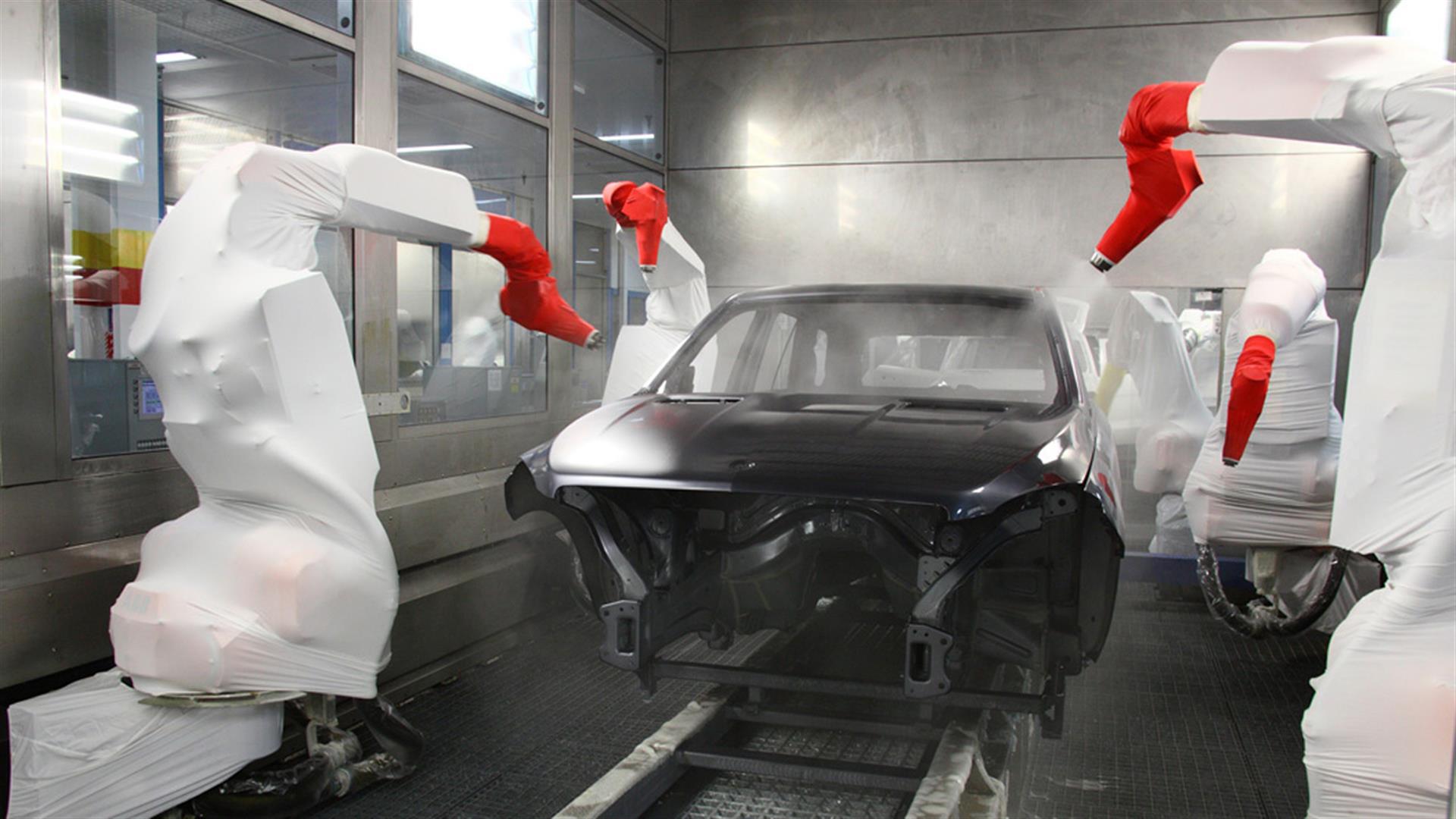
How Long Should Car Paint Dry Before Driving: Key Insights
Share
One of the most common questions automotive enthusiasts and tech professionals alike often ask is how long should car paint dry before driving? Whether you're a hobbyist who loves to restore classic cars or a tech enthusiast interested in the science behind automotive finishes, understanding the drying times of car paint is crucial. Proper drying not only ensures the longevity of your car's aesthetic but also protects your vehicle from the elements, scratches, and other potential damage.
In this comprehensive article, we'll delve into the factors that determine car paint drying times, discuss the various types of paint available, and offer tips on how to care for a freshly painted car.

Factors That Affect Drying Time
The drying time for car paint can be influenced by several factors including:
- Temperature: Higher temperatures can speed up the drying process, while lower temperatures may prolong it.
- Humidity: High humidity levels can lead to longer drying times due to the increased moisture in the air.
- Type of Paint: Different paints (solvent-based, water-based, etc.) have varying drying times.
- Application Method: Spraying paint can require a different drying time compared to brushing or rolling.
Typical Drying Times for Different Types of Paint
Most people opt for either solvent-based or water-based paints. Generally speaking, solvent-based paints dry faster than their water-based counterparts. Heres a quick overview of typical drying times:
- Solvent-based paint: Usually dries within 24 hours.
- Water-based paint: Can take anywhere from 24 to 48 hours to dry.
- Clear coats: Typically require additional drying time, usually around 24 hours.
Real-World Examples of Drying Times
In practical applications, many detailers recommend waiting at least 24 to 48 hours before driving a recently painted car to avoid possible damage. Vehicles painted in a climate-controlled environment may have improved results, reducing the need for extended waiting periods.
Furthermore, certain specialized paints and finishes can alter these recommended drying times. For instance, some automotive paints dry almost instantaneously when exposed to ultraviolet light.
How to Check if the Paint is Ready for Driving
While waiting for paint to dry might be tedious, ensuring the paint is fully cured before driving can save you from unnecessary headaches down the line. Here are a few checks you can do:
- Tactile Test: Gently feel the painted surface. If it feels tacky, give it more drying time.
- Visual Inspection: Check for any imperfections or spots that haven't dried properly.
- Smell Test: If you can smell paint fumes, it may still be curing.
Importance of Waiting to Drive Your Car
Driving a freshly painted car too soon can lead to multiple issues:
- Scratches and Marks: Wet paint is vulnerable to even minor contact, potentially ruining your hard work.
- Dust and Debris: Driving exposes the car to environmental factors that can embed dust or dirt into the still-curing paint.
- Uneven Finish: If the paint hasn't cured completely, driving can lead to uneven sheen and color.
Tips for Maintaining Freshly Painted Cars
To keep your car's paint job looking pristine, here are some recommendations:
- Avoid Washing: Do not wash the vehicle for at least a month after painting.
- Park Smart: Parking in a garage reduces exposure to elements.
- Waxing: Consider waiting at least 90 days before applying wax or sealant.
Conclusion
Understanding how long should car paint dry before driving is pivotal for tech enthusiasts and professionals alike who value their vehicles. Generally, giving it at least 24 to 48 hours is a safe bet, but always consider the specific environmental factors that may affect drying times. When in doubt, give your freshly painted vehicle a bit more time; the investment in care will be well worth it.

FAQs
1. What can I do if I drive my car too soon after painting?
If you discover that your cars paint has been compromised, you may need to sand down the affected area and apply touch-up paint.
2. How can I speed up the drying process?
You can use fans or heaters to maintain optimal temperature and airflow to expedite drying, but be cautious not to apply too much heat.
3. Is it necessary to wait for clear coat to dry?
Yes, clear coats also require ample drying time, generally similar to that of base coats.
For more tips on keeping your car in top condition, check out this article on protecting car paint. Interested in understanding paint costs? Read more about painting job cost.
To learn about fixing minor paint issues, visit fixing small chips.
